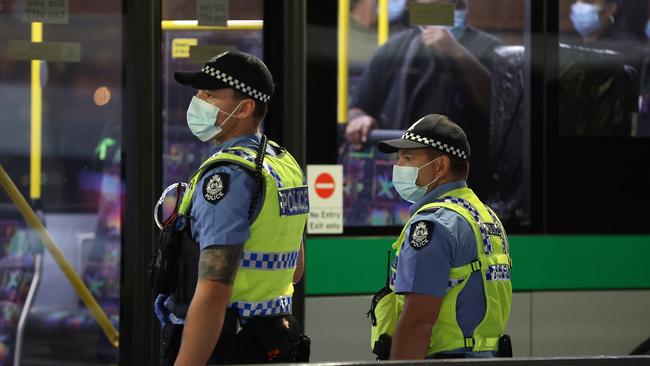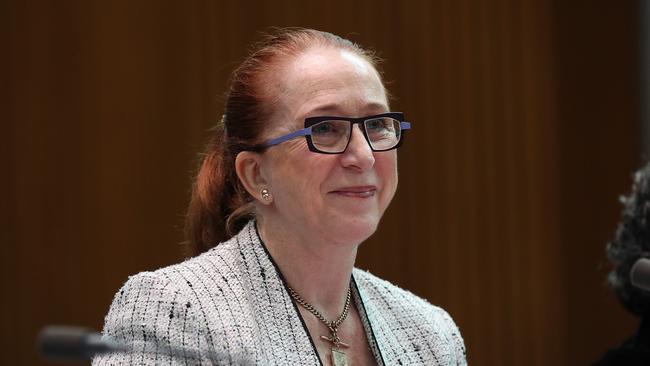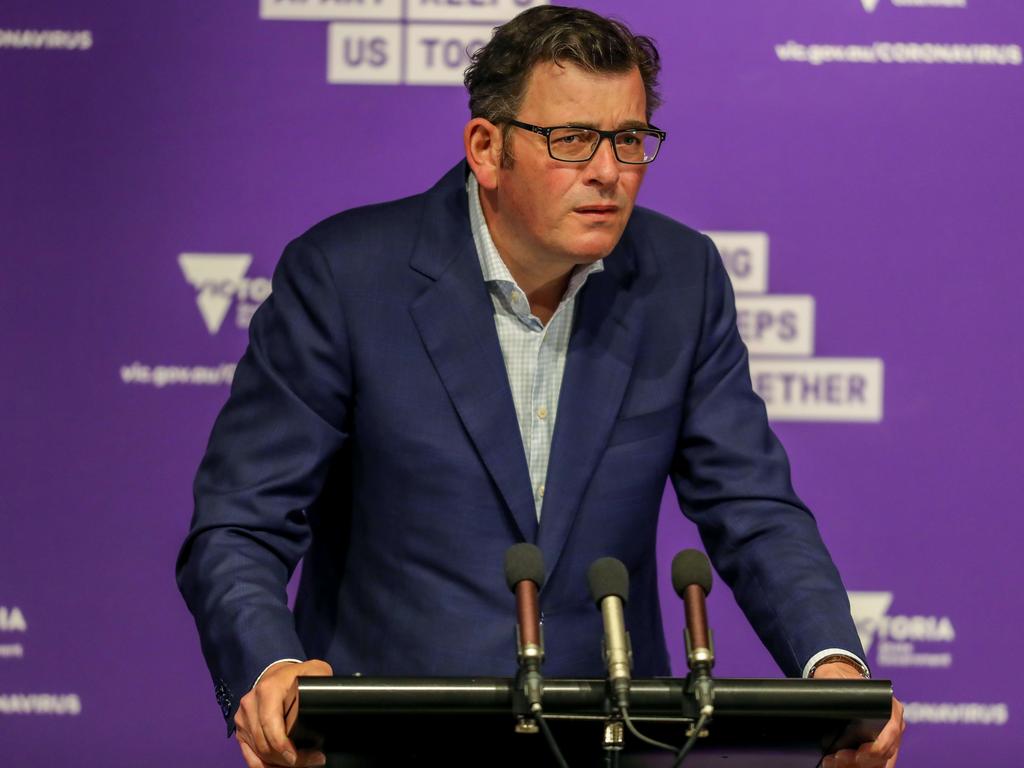Coronavirus: Australians exposed to ‘potentially unnecessary’ infringements, human rights chief says
Australians are being exposed to ‘potentially unnecessary’ infringements due to a lack of accountability, HR president says.

Australians are being exposed to “potentially unnecessary” infringements on their basic human rights during the lockdown because of a lack of scrutiny and accountability, says Australian Human Rights Commission president Rosalind Croucher.
Professor Croucher said any measures to combat COVID-19 that curtailed human rights needed to be necessary to protect public health and proportionate to meet that goal, with the least restrictive measures imposed to do so, to comply with international human rights obligations.
“I am concerned at the lack of transparency in explaining the continued justification for some emergency measures, and even for identifying precisely which level of government is responsible for some of them ...
“Australians have been, and continue to be, exposed to potentially unnecessary restrictions of their rights and freedoms, because of the lack of transparency and accountability,” she told Senate estimates.
She said any decisions needed to be subject to regular, ongoing scrutiny.
“What was appropriate in the circumstances of three months ago, may not be so justified in the circumstances of today,” she said.
However, Professor Croucher said the AHRC’s remit extended only to scrutinising federal laws, not state government decisions, such as Victoria’s lockdown.
She said she was particularly concerned that rules preventing parents and children from entering or leaving Australia to be reunited were breaching protections on the rights of the child.

However, the fact that responsibility was shared between the federal and state governments made it difficult to ensure proper scrutiny of these measures, she said.
“For example, who is responsible to assist Australians to be repatriated to Australia?” she said.
“It would seem it is a federal obligation, and something where consular assistance would be necessary. But it is the role of states to determine how many passengers can arrive in each state or territory.
“What is the impact of this? I am concerned that Australia — as in all our governments — may not be meeting the obligation in Article 10 of the Convention on the Rights of the Child to take steps in an ‘expeditious manner’ to enable a child or their parents to enter or leave Australia for the purpose of family reunification.”
Professor Croucher said a “human rights scrutiny process” needed to be embedded in all emergency responses to ensure any intrusion on our rights was “always fully justified” and the debate was had at the time the measures were being considered, rather than after.
This would help maintain public trust and ensure compliance, and it would also provide a safeguard during the recovery process, to ensure no one was left behind, she said.







To join the conversation, please log in. Don't have an account? Register
Join the conversation, you are commenting as Logout